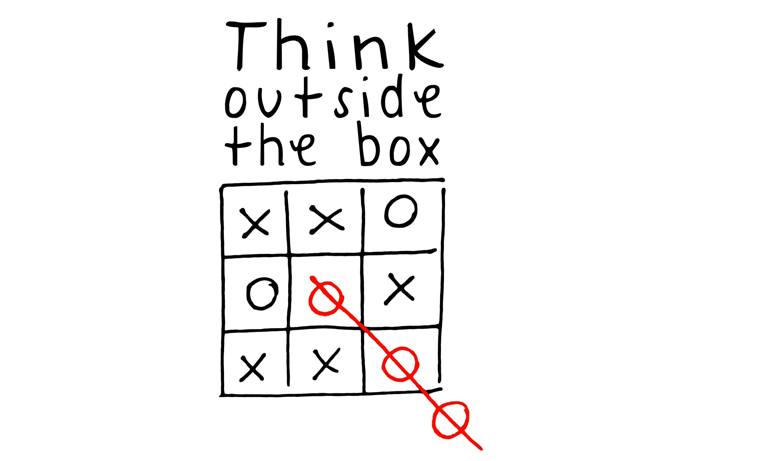 81% of us check our email outside work and 55% regularly check it after 11pm when we should be thinking about sleep
81% of us check our email outside work and 55% regularly check it after 11pm when we should be thinking about sleepAccording to a study by Adobe, the software company, the modern white collar worker will spend 47,000 hours over the course of their career checking their email – five years of their life! If this is not depressing enough, a new study by Kostadin Kushlev and Elizabeth Dunn from the University of British Columbia shows that this email addiction is stressing us out to the detriment of our health and our careers.
During a two-week experiment, the researchers established that we can become less stressed by reducing the frequency of hitting our inbox, which in turn correlates with better sleep quality, emotional positivity and greater happiness and productivity. The Guardian was sufficiently impressed by these findings that it held an event – A masterclass in productivity: how to kill email overload and get real work done – on Wednesday 16 November at its London offices. Tickets sold out early.
Writer Jocelyn Glei, who conducted the event, explains destructive email addiction in terms of behaviourism. The inbox puts us on what BF Skinner – a founder of behaviourist psychology – identified as a variable ratio reinforcement schedule. It is precisely because these emails may unpredictably be either stressful or rewarding that we are conditioned into wanting to check them compulsively and feel obliged to keep repeating this habit even if little good comes from it.
81% of us check our email outside work and 55% regularly check it after 11pm when we should be thinking about sleep. At work, we let it dictate our mood, our focus, and our priorities to the detriment of both our professional effectiveness and our job satisfaction.
Psychologist Andrew Goleman believes another part of the problem is the lack of a human feedback loop. A negativity bias emerges from email transactions because they lack the facial and tonal to-and-fro of normal human interactions.
Email leaves us hanging, unsure of the effect of our message; therefore, we are left worrying about it. We may even be impatient enough for relief from the stress of that first email that we want to send another, adding even more stress to the transaction.
Employers can help their workforce to kick their destructive habits by encouraging a disciplined routine. The behaviourist philosophy is to remedy ills by simply changing behaviour patterns.
Those who deal with email in large batches at fixed times of the day – perhaps first thing in the morning and again mid-afternoon – are happier and more effective at work. Having focused 100% on email, they can then focus 100% on other meaningful priorities.
In the words of that great 1986 classic by the cast of Grange Hill: ‘Just say no’.
Join Over 40,000 Recruiters. Get our latest articles weekly, all FREE – SEND ME ARTICLES
Recruiters love this COMPLETE set of Accredited Recruitment & HR Training – View Training Brochure








